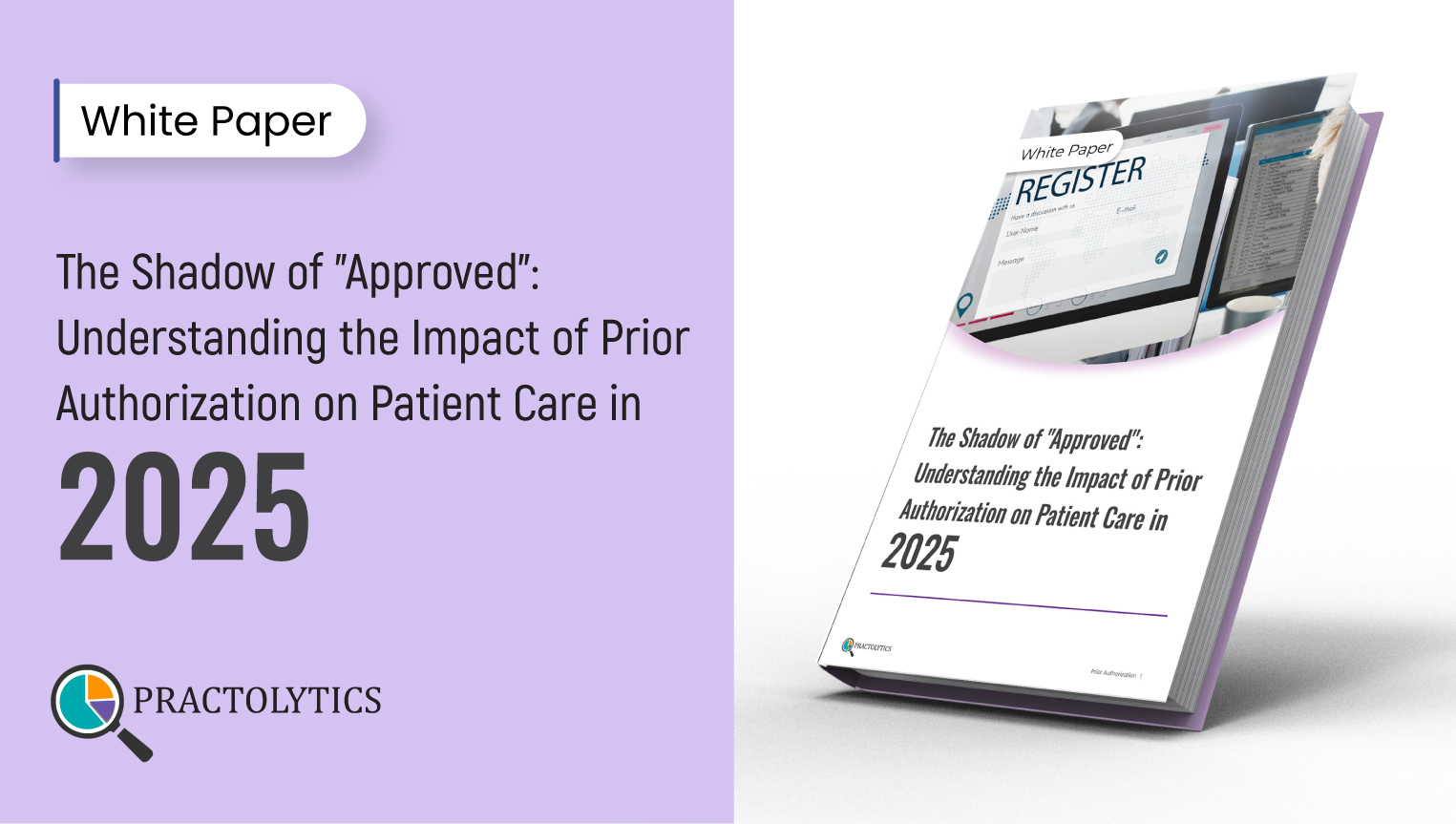The Shadow of “Approved”: Understanding the Impact of Prior Authorization on Patient Care in 2025
- Prior Authorization vs. Reality: Although intended to ensure cost-effective, necessary care, PA often causes delays, administrative burden, and physician burnout.
- Negative Patient Impact: Delayed treatments, disrupted care plans, and reduced patient trust are common results of inefficient PA processes.
- Provider Struggles: Doctors face increased non-clinical workloads, reduced autonomy, and frustration, often leading to burnout.
- Health Equity Concerns: Vulnerable populations—those with chronic illnesses, limited resources, or language barriers—are disproportionately affected.
- Trends in 2025: PA is evolving through electronic automation, AI support, evidence-based guidelines, and increased regulatory oversight.
- Strategic Solutions: Providers must adopt technology, improve documentation, engage payers, and advocate for patient-first reforms.
- Call to Action: A collaborative shift toward patient-centered, transparent, and efficient PA systems is vital to protect care quality in 2025 and beyond.



